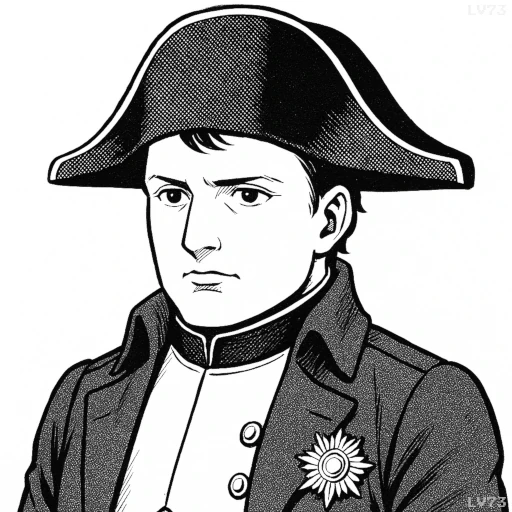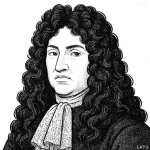“I am the successor, not of Louis XVI, but of Charlemagne.”

- August 15, 1769 – May 5, 1821
- French of Italian descent
- French military officer and emperor
table of contents
Quote
“I am the successor, not of Louis XVI, but of Charlemagne.”
Explanation
With this declaration, Napoleon Bonaparte positioned himself as the heir to Charlemagne rather than to the recently dethroned Louis XVI. Charlemagne, who unified much of Western Europe and was crowned as the first Holy Roman Emperor, symbolized strength, unity, and a legacy of power that extended across Europe. By associating himself with Charlemagne, Napoleon emphasized his desire to rebuild and expand a powerful empire rather than simply take on the title of a traditional French monarch. He saw himself as part of a lineage of conquerors and reformers, not merely a ruler bound to the legacy of the fallen French monarchy.
This comparison reflects Napoleon’s ambition and his vision for France as a leading force in Europe. Louis XVI, who was executed during the French Revolution, represented a monarchy out of touch with the people and marked by instability. Napoleon’s reference to Charlemagne instead implies continuity with an ideal of strong, visionary leadership that transcends national borders. This vision likely resonated with Napoleon’s contemporaries who desired stability and power after the tumultuous revolution.
In a broader sense, Napoleon’s words speak to the idea of legacy and aspiration. He aimed to create a lasting empire and to inspire loyalty and unity among diverse peoples, much as Charlemagne did centuries earlier. This statement underscores his ambition to forge a new European order, grounded not in recent history, but in a grander tradition of empire-building and unity, making it clear that his aspirations extended far beyond the limited boundaries of royal lineage.
Would you like to share your impressions or related stories about this quote in the comments section?

